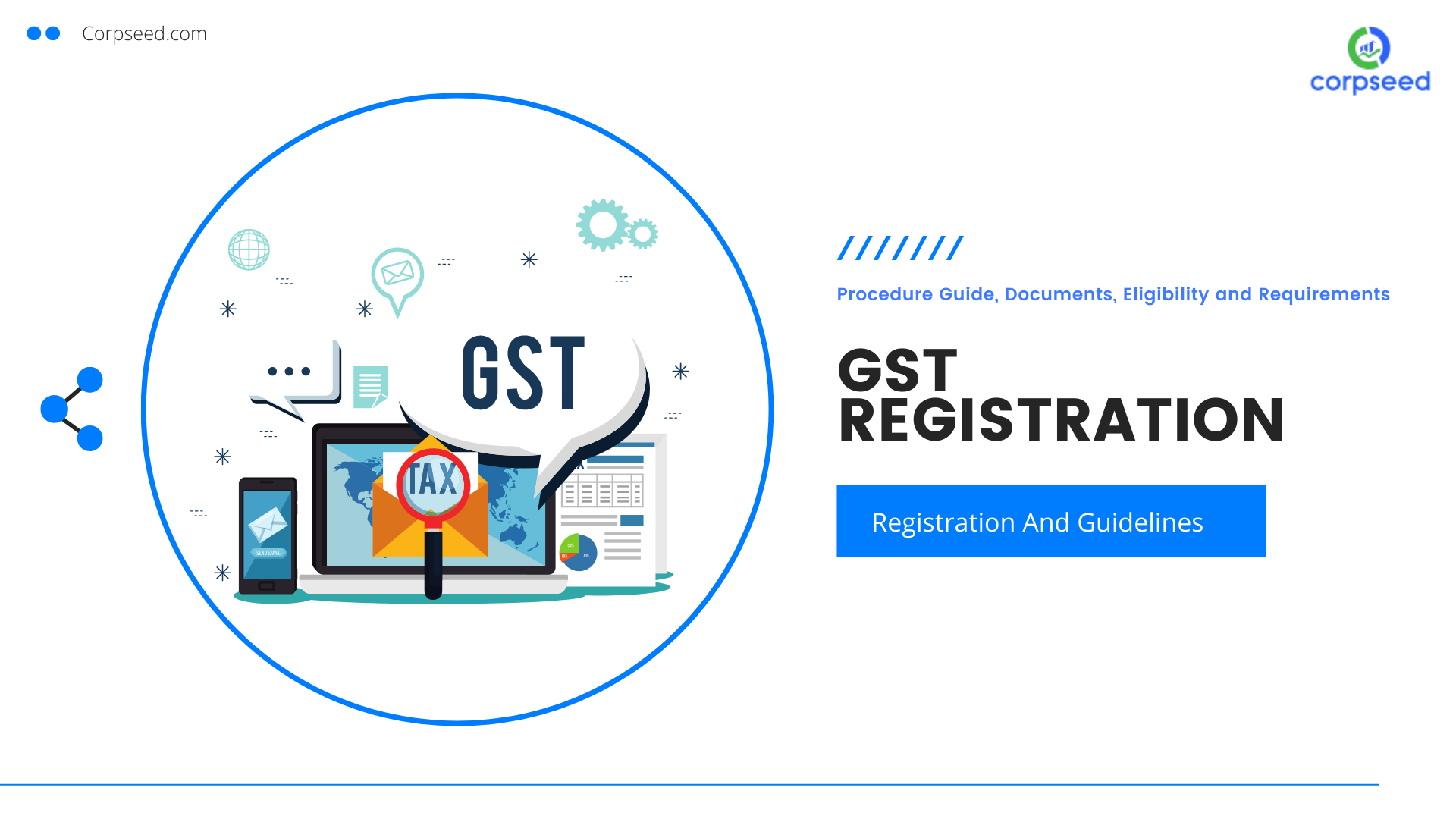How to Locate the most effective GST Registration Services in Singapore Quickly
Throughout: The Ultimate Roadmap to GST Enrollment for Organizations Seeking Financial Security
Navigating the complexities of Item and Solutions Tax Obligation (GST) registration is a critical action for organizations aiming for monetary stability. Damaging down the roadmap into manageable actions can streamline the enrollment trip for services looking to boost their economic standing.
Recognizing GST Essentials
Delving right into the basic principles of Item and Provider Tax (GST) is important for gaining a detailed understanding of its effects on businesses and the economy. Input Tax Obligation Credit Rating (ITC) is a considerable attribute of GST, allowing services to assert credit history for tax obligations paid on inputs, reducing the general tax obligation concern. Understanding the fundamentals of GST is vital for services to conform with tax laws, handle their finances successfully, and add to the nation's financial growth by taking part in a transparent tax system.
Eligibility Criteria for Enrollment
To register for GST, services have to fulfill particular eligibility criteria established by the government. The main eligibility demand is that any type of company associated with the supply of goods or solutions with a yearly accumulation turn over above the threshold restriction set by the authorities have to register for GST. Since the present policies, the threshold limit for GST enrollment is a yearly accumulation turnover of 40 lakhs for companies running within a state, other than for special category states where the restriction is 20 lakhs. Furthermore, particular organizations are needed to register for GST regardless of their turnover, such as interstate vendors, laid-back taxable individuals, and organizations liable to pay tax under the reverse fee device. It is essential for services to thoroughly evaluate their turn over and deal kinds to identify their GST enrollment commitments properly. Failure to register for GST when eligible can cause penalties and lawful effects, making it necessary for companies to comply with the specified qualification criteria.
Papers Required for Registration
Having satisfied the eligibility requirements for GST registration, organizations need to currently guarantee they have the requisite papers in position to wage the enrollment procedure successfully. The documents required for GST registration typically include evidence of service constitution, such as collaboration act, registration certificate, or unification certification for various kinds of companies. Additionally, businesses need to offer records developing the principal workplace, such as a rental arrangement or electrical power costs. Frying pan card of business, along with the identification and address evidence of promoters/partners/directors, are vital for confirmation functions. Bank account declarations, together with terminated cheques or a copy of the bank passbook, are required to verify the financial details offered during registration. Companies should have digital signatures ready for the accredited notary. Ensuring all these records are arranged and readily available will certainly speed up the GST enrollment process, enabling organizations to abide by tax laws effortlessly.
Step-by-Step Enrollment Refine
Commencing the GST registration procedure involves a collection of organized steps to make sure a seamless and certified enrollment for businesses. The initial step is to go to the GST website and submit the registration type with exact why not find out more information of business entity. Following this, the applicant obtains a Short-term Recommendation Number (TRN) which is made use of to return to the application procedure if it's not finished in one go.
Following, all called for documents as per the list provided by the GST portal need to be posted. These files typically include proof of service identity, registration and address evidence of promoters, financial declarations, and business entity's PAN card.

Post-Registration Conformity Standards

Conclusion
Finally, organizations looking for monetary stability should comprehend the fundamentals of GST, meet eligibility standards, gather needed documents, adhere to the detailed registration process, and comply with post-registration standards - Best GST registration services in Singapore. By adhering click to find out more to these steps, organizations can ensure compliance with tax obligation guidelines and keep monetary stability in the lengthy run
Additionally, specific services are needed to register for GST regardless of their turnover, such as interstate vendors, laid-back taxable individuals, and services liable to pay tax under the reverse charge system.Having fulfilled the eligibility standards for GST enrollment, services should currently ensure they have the requisite documents in go to this site area to continue with the registration process efficiently. The papers needed for GST enrollment commonly include proof of organization constitution, such as partnership action, enrollment certification, or consolidation certification for various kinds of organizations. In addition, businesses require to supply documents establishing the major location of organization, such as a rental contract or power expense.Commencing the GST enrollment process involves a series of organized steps to make certain a certified and seamless registration for businesses.